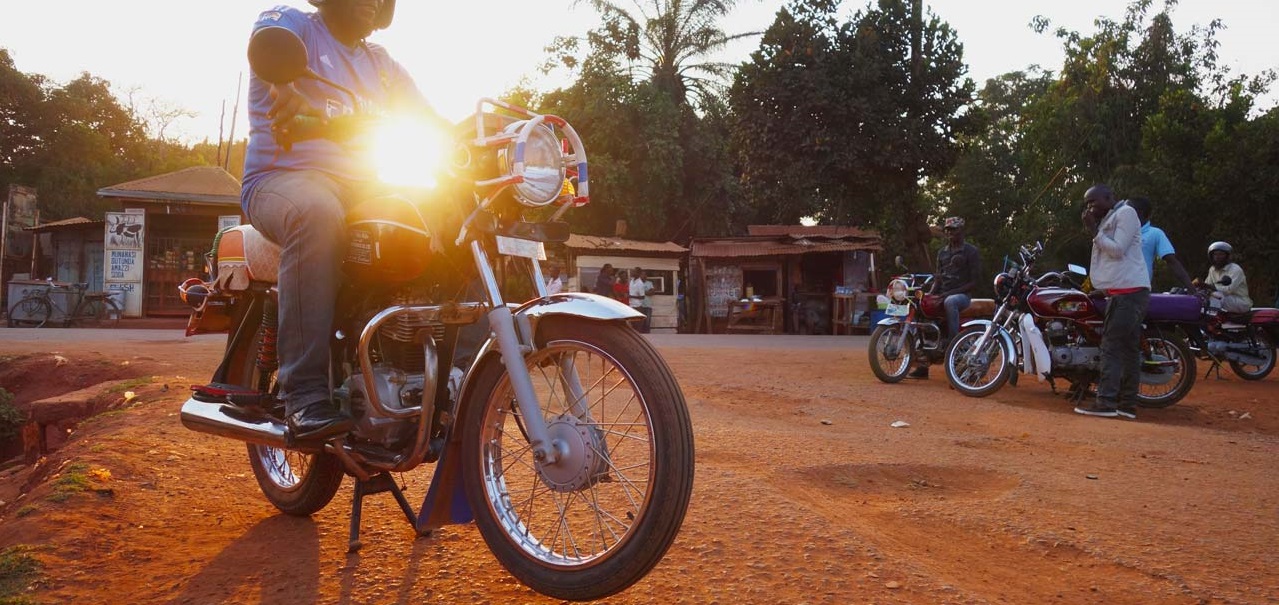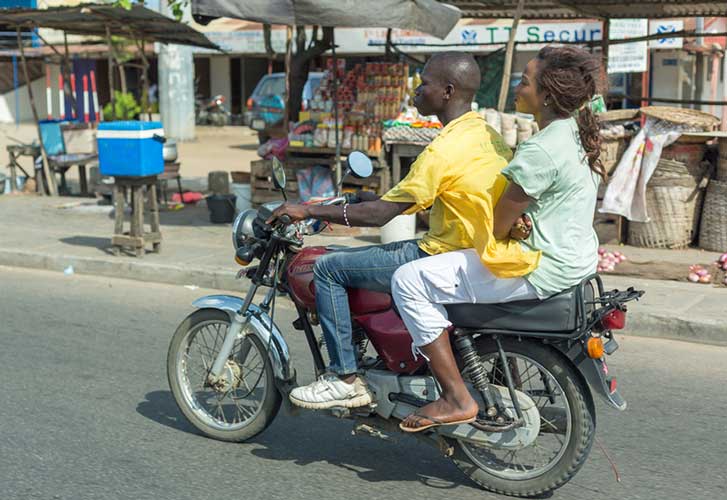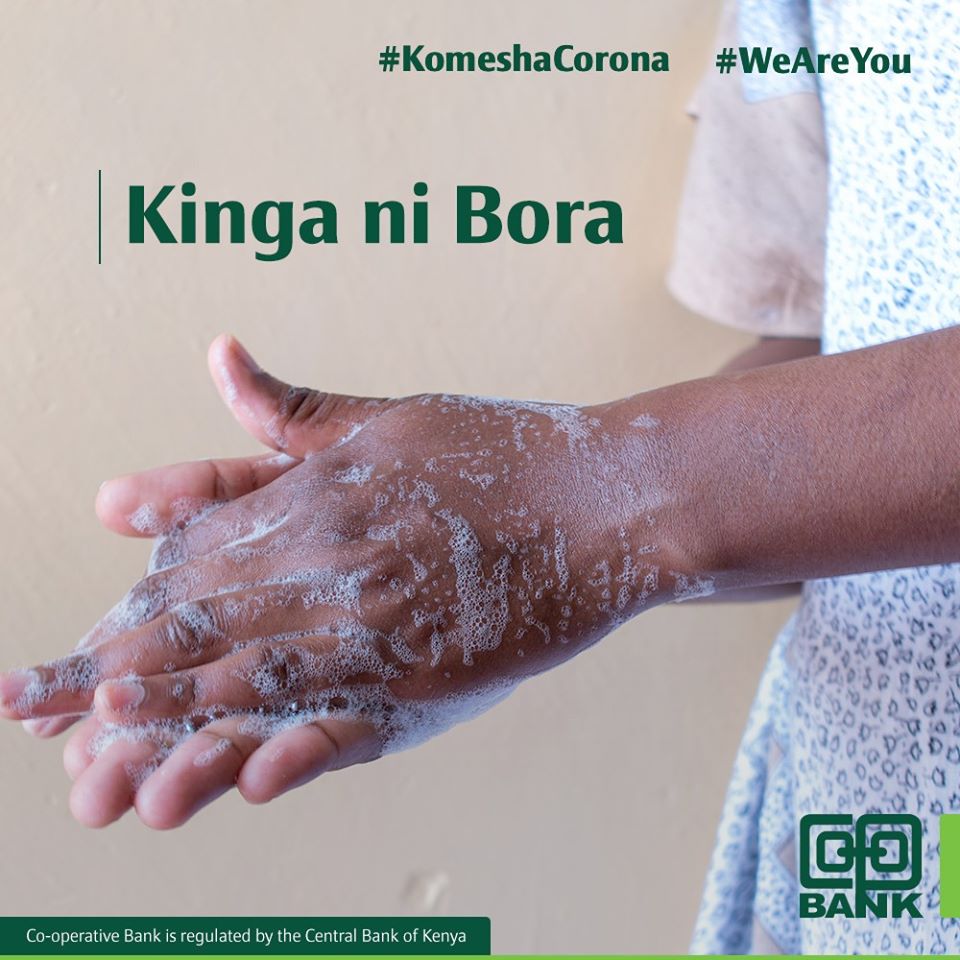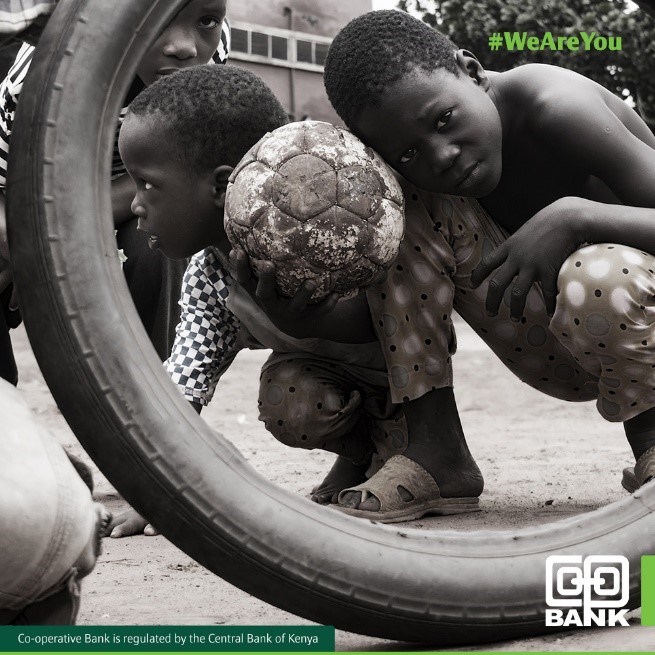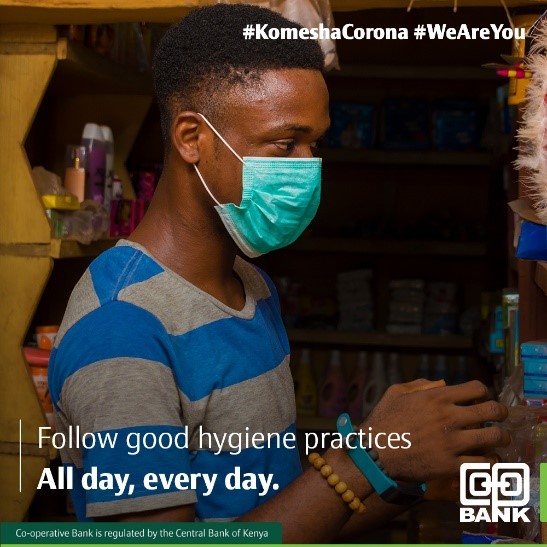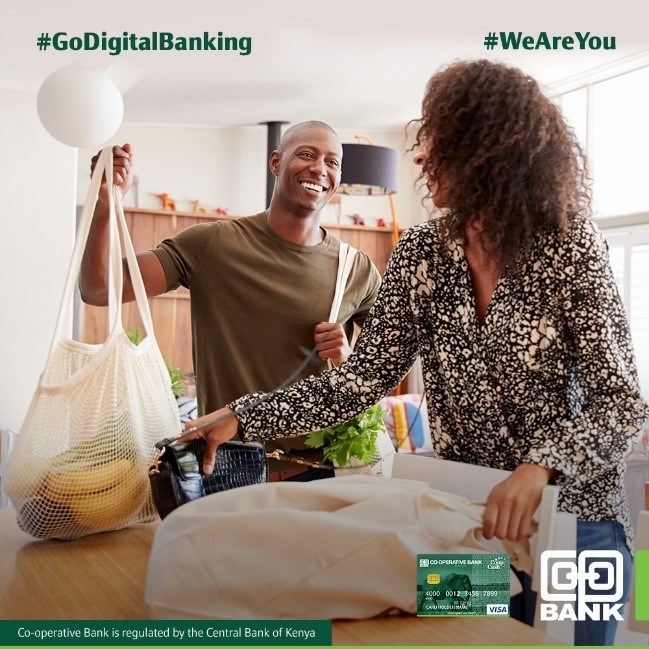The Work-from-Home clarion call due to the Covid-19 curfew and movement restrictions is no longer new. It’s palatable for a tiny fraction of the working group that had foreseen the lockdown, or live and work in the same county. That didn’t go down well for a large number, though.
The sudden announcement by the government caught a major section of the public by surprise. Quite a few had even travelled from the city to their rural homes.
Suddenly, there’s no access to their offices in the city, or even to their homes in within the city.
Working from home entails quite a set up. For instance, a decent internet connection – stable, and at a reasonable cost. It’s important, too, a good computer and other accessories. Good processing speeds, decent memory levels and security capabilities.
The pandemic has dealt a death blow to many businesses. There’s been a need to re-invent the wheel in more ways than one. One way for businesses to thrive is embracing digital transformation.
Digital-based businesses that seek to solve remote working experience issues have been thriving since – especially away from the city.
One such business, is Chestus Computer Consultants Ltd – Meru Town.
Chestus Computer Consultants is a vibrant digital-based firm in the heart of Meru County, providing quality products and services in the IT sector. The premise outlines their aim as helping clients adapt to technology change and streamline their operations.
The firm has steadily established a niche in the Eastern region as they serve walk-in individual clients and tendering organizations with dedicated commitment. Working with other technology partners, the firm has a vision to bring IT innovations and excellence to business operations – offering tailored solutions to different needs.
The Founder and CEO, Mr. Mugambi cites a significant rise of a new social media client base with related inquiries: laptops, Wi-Fi routers, Wifi-extender gadgets and other accessories.
On business challenges in the Covid-19 times, the CEO gives credit to a few financial decisions that were standard even before the crisis. The firm encourages cashless payments – which doubly acts as a means to curb the spread of the virus. This has been made easier by their all-present banking partner, Co-op Bank.
The bulk of their orders is made through social media and items are shipped after payment. Such payments are made via the firm’s M-Pesa till number which enables direct payment to a Co-op bank account.
Two things distinguish Co-op Bank as a partner: One, the bank assists their clients get M-Pesa till numbers fast, at no charge. Two, the payments to the account reflect instantly to allow fast delivery. This leads to more business.
At the shop premises, walk-in clients sanitize by the door – and get a free surgical mask. All round, conspicuous signage show Co-op Bank’s M-Pesa pay bill number 400200. This, too, makes direct payment to the firm’s bank account. Some clients also transfer payments from their account via the M-Coop Cash App on their phones.
To get assistance in acquiring an M-Pesa till number for your business at no cost, visit the nearest Co-op Bank branch. One can also click here, to learn more about Co-op Bank’s E-commerce Business Solutions.
#StaySafe






